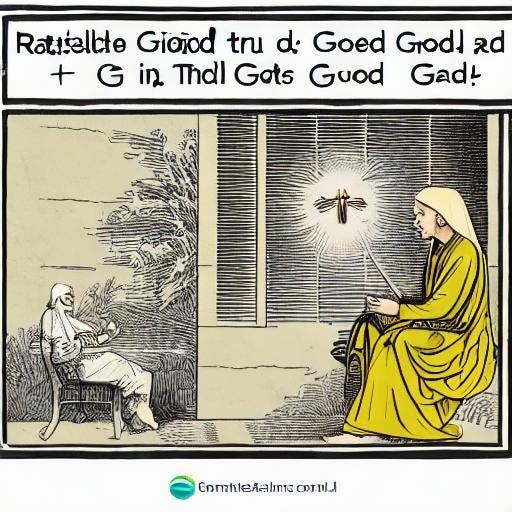Over the last three centuries the industrialized world has lost its religion. There are still churches of course, and many of them even have robust attendance, but even in those churches there is no escape from the pervasive atheist emptiness of modern culture because the members of those congregations no longer believe that their faith is rationally justified. Some Christians explicitly reject reason (like the Evangelicals). Some continue to go to mass, but they do not embrace their religion with their whole self, because they have compartmentalized their religion in one part of their minds, and their rational, analytical faculties in another part of their minds. They apply their rational, analytical faculties to the tasks of living, outside of church, but they don’t apply those faculties to their religious life. All their capacity to figure things out, their curiosity, their ability to plan, their mental prowess, the fierce conviction that one has in propositions which one has worked out for oneself, are applied to matters of daily life, never to matters of the spirit. Christianity makes very strong empirical claims, for example, that God appeared to some shepherds in a burning bush 2500 years ago, and that Lazarus rose from the dead. Many people are willing to entertain those claims because they think that atheism is false, not because they think Christianity is true.
I am not saying that those Christians are insincere. They certainly are not closet atheists. They believe that atheism is not true because they have a sense of the transcendent. They have a sense that the material world is not everything and that some kind of God exists - and they think they are satisfactorily addressing those intuitions by adhering to the religion of their ancestors, going to church every Sunday, and affirming Christianity in front of their children. The humility to admit that you do not know everything is certainly not hypocrisy.
But religious practice without rational content is not enough. A religious attitude like that produces children who have no religious sensibility at all, and adults who, after a long time of practicing liturgy without really believing in any reason for doing it, find that they themselves can no longer remember why they thought religious practice was important - and who suspect that it was just habit all along, and who see their children sidelining religion, their grandchildren ignoring it completely, who see religious practice dying with themselves and who do not strongly feel - or cannot remember why they would feel - that anything is really being lost.
The churches (some churches at least) should be commended for having by means of ritual kept some sense of the transcendent alive among some people, but as they have abandoned reason, they have lost the fire of true conviction.
The task of the Theist is to know God through pure reason, and to build up the bodies of theology and ritual which together with rationalist religious beliefs are necessary to fill the spiritual void which has been left by the decline of Christianity.




